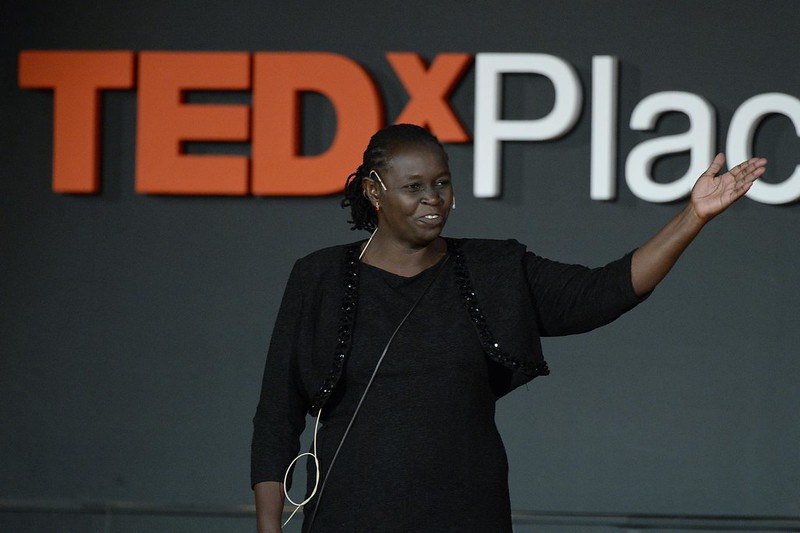Beatrice Ayuru and Education in Uganda
 Education in Uganda faces challenges, with only four out of 10 children aged 3 to 5 years receiving early childhood education. However, initiatives like the school of Beatrice Ayuru provide hope, empowering children from impoverished backgrounds with skills and opportunities to break the cycle of poverty.
Education in Uganda faces challenges, with only four out of 10 children aged 3 to 5 years receiving early childhood education. However, initiatives like the school of Beatrice Ayuru provide hope, empowering children from impoverished backgrounds with skills and opportunities to break the cycle of poverty.
Ayuru has made a significant impact on education for children in Uganda, particularly those from impoverished backgrounds. As the first in her family to attend university, she was determined to improve education in Uganda. She founded a successful school that has helped thousands of students acquire skills to lift themselves out of poverty.
The Life of Beatrice Ayuru
Ayuru was born into a polygamous family of 16 children in rural Uganda. She left school at 16 after the birth of her first child. However, she later received a second chance at education, becoming the first university graduate in her family. Motivated by her own experiences, she aimed to create a school that not only combats illiteracy but also addresses poverty and advocates for girls’ rights.
Although raising money at the start was tough, Ayuru defied norms and traditions by building a business selling cassava. With support from her father, who gave her a piece of land, she used her profits to lay the first bricks for the school. She invested the money in teachers and resources. Ayuru established the Lira Integrated Nursery, Primary and Secondary School, which is a testament to her vision and determination.
Ayuru has received several awards for her ventures, including the United Nations Conference on Trade and Development (UNCTAD) Empretec Women in Business Award in 2010. In addition, the Federation of Uganda Employers honored her with the Employer of the Year award in 2011.
The Local School and Benefits to Uganda
The Lira school was founded in 2000 and offered teaching to children from low-income families and those affected by war and HIV/AIDS. The school provides nursery, primary, secondary, vocational and agricultural classes to more than 1,000 students. The school is partly funded by local business and agriculture ventures, allowing students to learn entrepreneurial skills. Additionally, Lira School offers financial aid to more than 100 families, recognizing that fees can be prohibitive for some. This support ensures that more children have the opportunity to attend school. The school has been recognized for its excellent teaching. It has earned a three-star rating from AFRO EDUCARE, the highest ranking for a private school in the district.
Conclusion
Ayuru is a remarkable example of someone creating long-lasting change for impoverished people. Ugandan children benefit from someone who was once in their position. Despite Ayuru acknowledging that the fight for universal education is far from over, her case demonstrates how quickly things can change when someone is willing to make a difference. Ayuru has shown Uganda that local-level poverty can be addressed by creating opportunities for local children.
– Rosie Miller
Rosie is based in Edinburgh, Scotland and focuses on Good News, Politics for The Borgen Project.
Photo: Flickr
